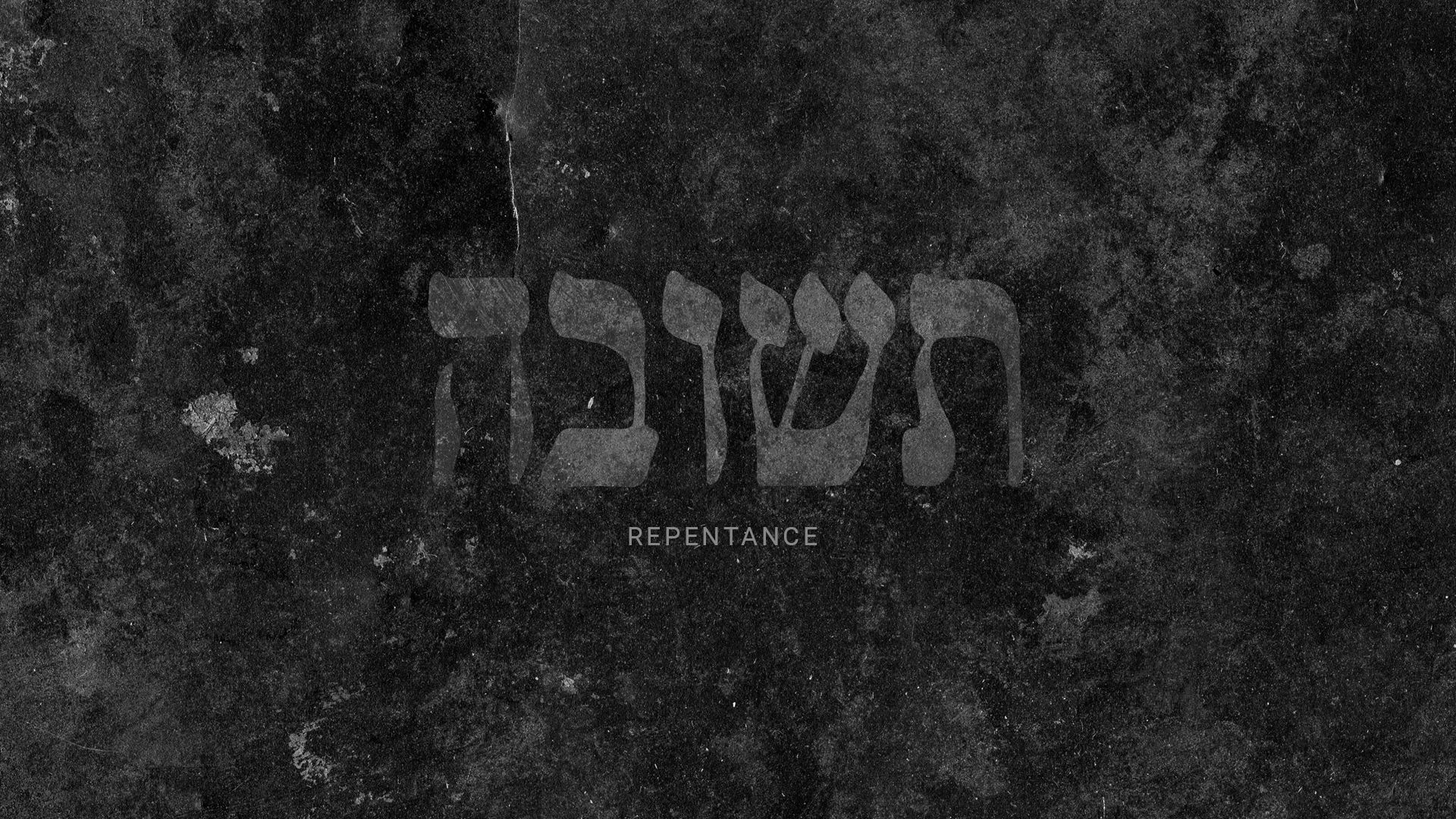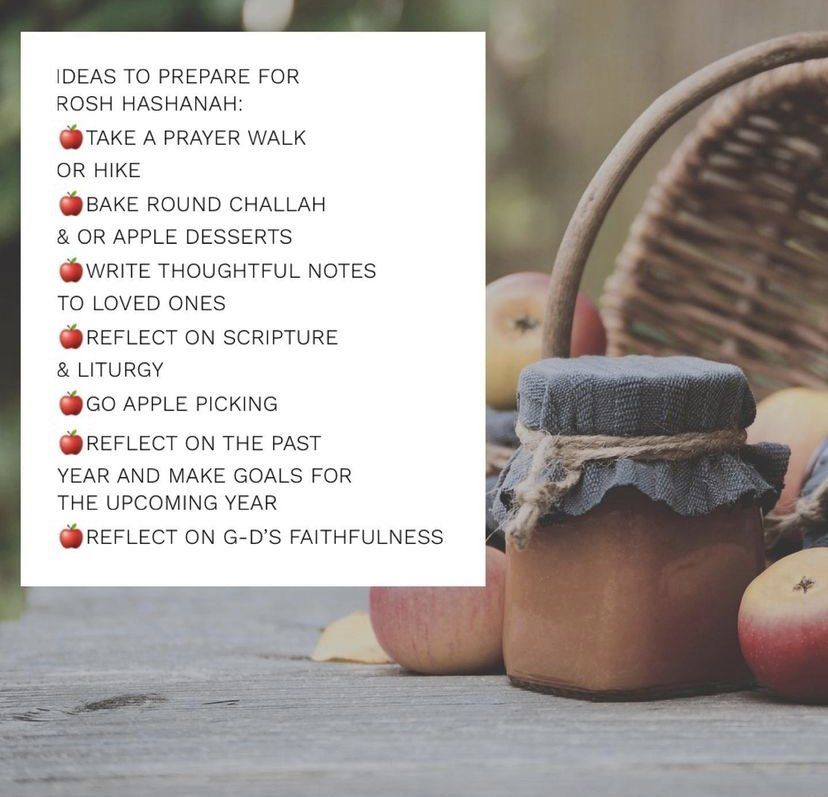Money – G-d’s Way
Money can be a useful tool to further the kingdom of G-d or a dangerous trap to lead us away from Him. It is an integral part of society and no matter what period of life you are in, money will likely be constant consideration. You might be a teenager making money with your first job and figuring out what to do with your paycheck. You may also be further along in life developing a career and possibly responsible for taking care of your new family.
In any case we should turn to G-d and His Word for guidance as we do for all aspects of our life. While doing some research into the topic of money in Scripture I came across several statistics. While not all of the sources agreed on the exact numbers the consensus lies somewhere around the following: there are 2350 verses that reference or talk about money (though not all of them are specifically about the use money) and 16 out of 38 of Yeshua’s parables deal with money. Though I wouldn’t put stock in these statistics, it is clear that G-d wanted to relay to us an understanding of money and its handling.
Money as an Idol
Despite the necessity of money in our lives we are warned to not make money an idol. Consider what Yeshua has to say. “No one can serve two masters. Either you will hate the one and love the other, or you will be devoted to the one and despise the other. You cannot serve both God and money.” (Matt 6:24) We know from other parts of Scripture that money is a necessary tool. Therefore, money itself is not evil and does not cause idolatry. Paul tells us in his discussion on contentment that it is the love of money that turns us away from G-d. “Those who want to get rich fall into temptation and a trap and into many foolish and harmful desires that plunge people into ruin and destruction. For the love of money is a root of all kinds of evil. Some people, eager for money, have wandered from the faith and pierced themselves with many griefs.” (1 Tim 6:9-10)
Consider also: Matthew 6:19-20
Debt
Debt has been the downfall of many individuals and families. It and other financial concerns have been cited as one of the top five reasons for divorce, often higher than infidelity. Unfortunately, debt has become a normal way of life for modern households. Getting what you want now instead of saving to get it later has become perfectly acceptable. Scripture is quite clear on how G-d views debt. “Owe nothing to anyone except to love one another; for he who loves his neighbor has fulfilled the law.” (Rom 13:8) “The rich rules over the poor, and the borrower becomes the lender’s slave.” (Prov 22:7) When we borrow from others we become like slaves to them. Lenders often have legal rights to take our assets or money straight from our paycheck. They will also create stress on you or your family that ultimately takes your attention away from G-d.
If you are at the point in your life where you are in college or about to go into college, you are likely going to have to consider student loans. If you have no other choice, student loans may be necessary. You should first consider all possible ways to reduce the amount of debt you need to take on before doing so. Apply for as many scholarships and grants as possible. Also consider the benefits of taking on a part time job throughout school. If you still need to take out a loan, work out a plan to have it paid off as quickly as possible. You may also be at the point in your life where you are considering buying a house. Oftentimes a mortgage payment is near the same amount or less than rent for a similar house. If you are considering buying then try to make sure your budget can allow for you to pay more than the minimum each month. This will allow for you to be free from the debt much sooner. Just because a bank will give you a loan for a larger or nicer house doesn’t necessarily mean you can afford it. You must carefully consult your budget but most importantly, you must pray and consult the Lord.
Consider also: Neh 5:3, Ecc 5:5, Ps 37:21, Being the surety of other’s debt (Prob 6:1-5, Prov 11:15, Prov 17:18, Prov 22:26-27)
Savings
If you are free from debt then you should motivate yourself to save money. When you have money saved there are three main benefits. The first benefit is that you will be prepared when emergencies happen. It is not a matter of IF unforeseen expenses will happen but WHEN they happen. “In the house of the wise are stores of choice food and oil, but a foolish man devours all he has.” (Prov 21:20) Consider the wisdom of Joseph as an advisor to Pharaoh regarding the upcoming famine in Genesis 41:34-36. The second benefit is that when there is something special you want to buy, you will have the means to do so. G-d does not wish for us to be devoid of nice things but He wants us to obtain them responsibly. “The blessing of the LORD makes one rich, and He adds no sorrow with it.” (Prov 10:22) The third benefit is that you open up yourself to be a blessing to others. When you have your finances under control and have saved up for emergencies then you can confidently spend more of your time and money to bless others.
Consider also: Prov 6:6–8, Prov 13:11, Prov 14:29, Prov 21:5
Budgeting
Now that we see G-d’s wisdom in staying out of debt and saving up our money you may ask, how? The answer is quite simply to keep a budget. People often look at their busy lives and find this task too daunting but the benefits far outweigh the time it takes. Scripture advises that we need to budget as well. “For which of you, intending to build a tower, does not sit down first and count the cost, whether he has enough to finish it—lest, after he has laid the foundation, and is not able to finish, all who see it begin to mock him, saying, ‘This man began to build and was not able to finish’?” (Luke 14:28–30) The process of budgeting provides two great pieces of information: how much money you can spend on certain things and and where you might need to cut back.
In this modern age there are several great software packages that will help you budget. If you want to keep things simple, I highly recommend the envelope system. The idea is that every dollar that you make has a purpose. To use a simple example let’s say it is the beginning of the month and you made 300 dollars last month. Now you need to put all of this money into the different categories (envelopes) that you spend your money on. If your envelope system is simple then you may allocate this way: Tithe – 30, Saving for College – 100, Entertainment and Purchases – 70, Gas (based on how much you usually spend) – 100. Now let’s say you were out and found a pair of shoes that you really like that cost 65 dollars. Since your envelope for Entertainment and Purchases has 70 dollars you know you can afford the shoes and still have enough to fill your gas tank at the end of the month. Further you will also know that if you buy the shoes you won’t have enough in your envelope to go see the movie you and your friends were planning to see next week.
Remember it doesn’t matter how young or old you are it is never too early or late to learn how to budget. I encourage each and every one of you to implement this in your lives. If you need help make sure to talk to your YMJA or congregational leaders. I personally would love to assist anyone who asks for help in developing a personal budget. In doing so, their time and resources can be more devoted to G-d.
Consider also: Prov 27:23, 1 Tim 5:8
Authored by Nick Lewis, Midwest Regional Rep
The body content of your post goes here. To edit this text, click on it and delete this default text and start typing your own (or paste your own from a different source).
To control the color or size of this text, please change the global colors or text size under the Design section from the left menu of the editor.













